Flooding will affect double the number of people worldwide by 2030
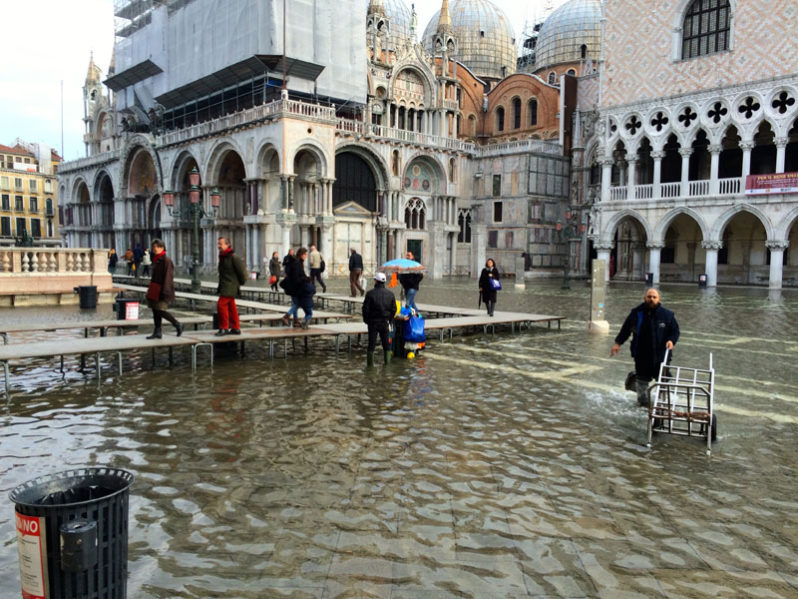
The number of people harmed by floods will double worldwide by 2030, according to a new analysis. 147 million people will be hit by floods from rivers and coasts annually by the end of the decade, compared with 72 million people just 10 years ago.
New model to improve accuracy of storm surge analysis
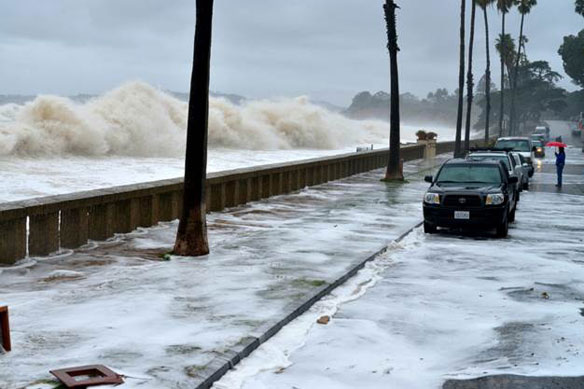
Accurately predicting how many people are at risk due to sea level rise and storm surges has always challenged scientists, but a new method is improving models that account for the impact of these natural occurrences.
Will Florida be lost forever to the climate crisis?
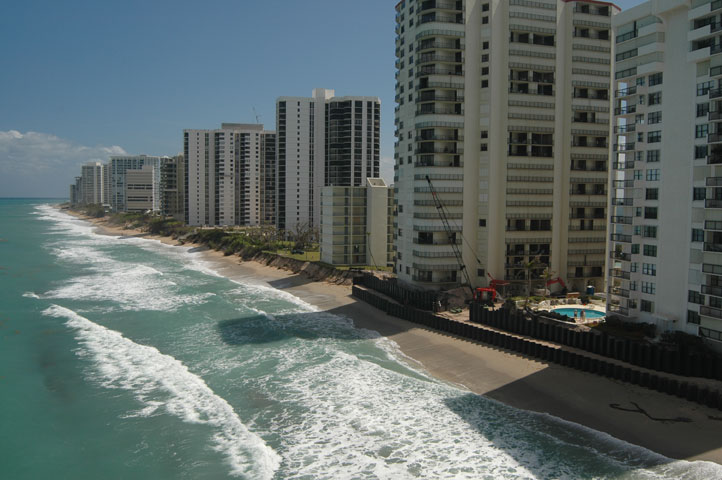
From sea level rise to habitat loss, the effects of the climate crisis are on the verge of making south Florida uninhabitable.
North Pole soon to be ice free in summer
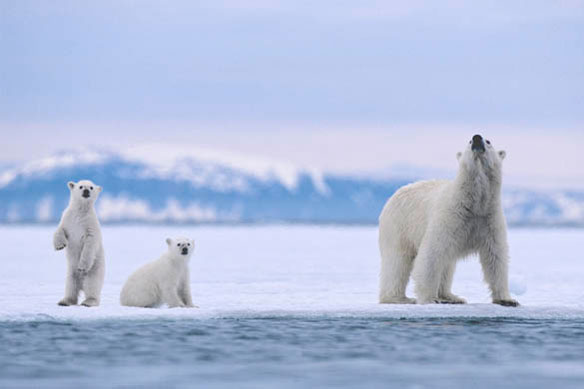
The Arctic Ocean in summer will very likely be ice free before 2050, at least temporarily. The efficacy of climate-protection measures will determine how often and for how long. These are the results of a new research study involving 21 research institutes from around the world.
Eurasian ice sheet collapse raised seas eight metres: study
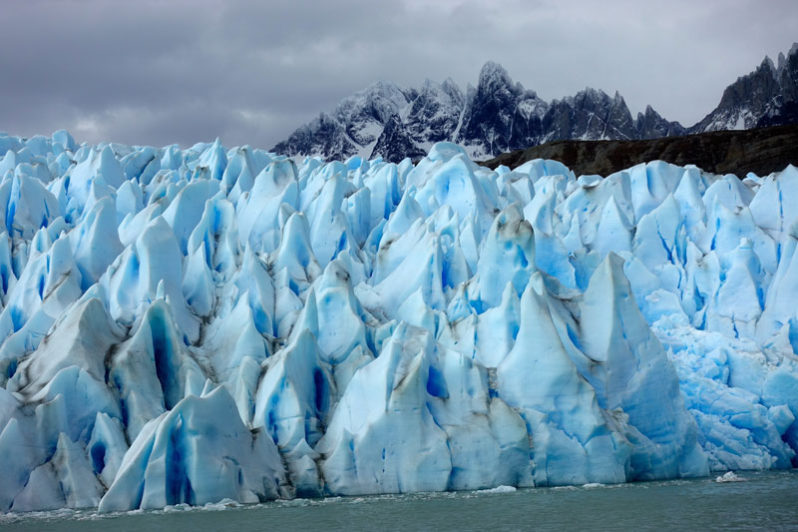
Ice sheets melting or breaking away as global temperatures rise are subject to what climate scientists term temperature “tipping points”. Many researchers fear that the ice sheets in Greenland and West Antarctica will continue to melt even if warming is slowed as carbon emissions are cut.
US to have major floods on daily basis unless sea-level rise is curbed – study

Flooding events that now occur in America once in a lifetime could become a daily occurrence along the vast majority of the US coastline if sea level rise is not curbed, according to a new study that warns the advancing tides will “radically redefine the coastline of the 21st century”.
Scientists confirm dramatic melting of Greenland ice sheet
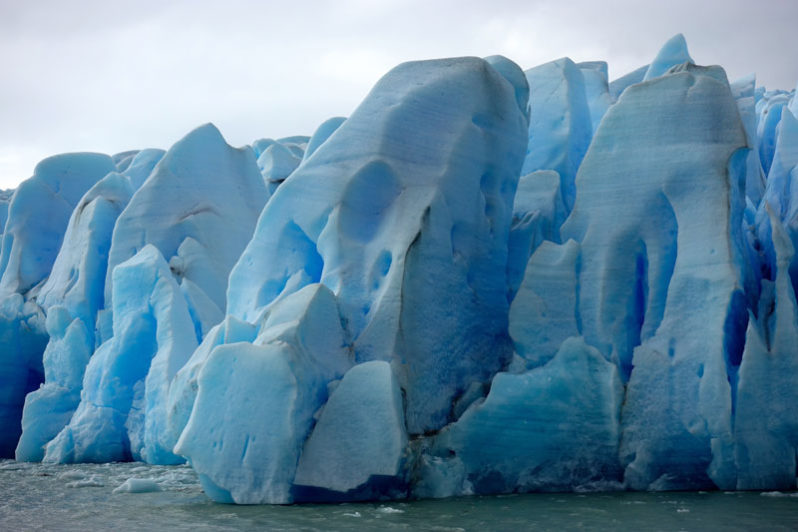
There was a dramatic melting of Greenland’s ice sheet in the summer of 2019, researchers have confirmed, in a study that reveals the loss was largely due to a persistent zone of high pressure over the region.
Estuaries are warming at twice the rate of oceans and atmosphere
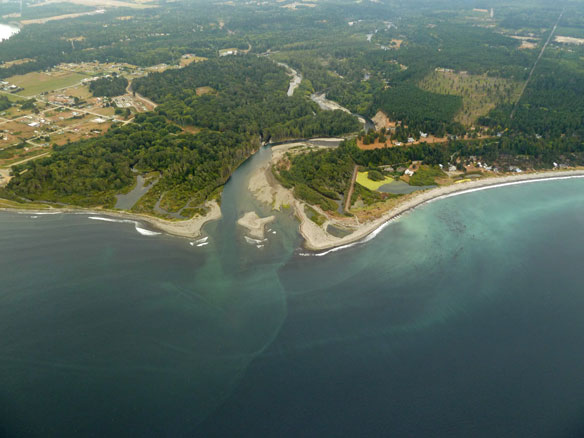
New research shows that estuaries are particularly vulnerable to a warming environment. This is a concern not only for the marine and bird life that rely on them but the millions of people who depend on rivers, lakes and lagoons for their livelihoods around the world.
Exploring the link between education and climate change
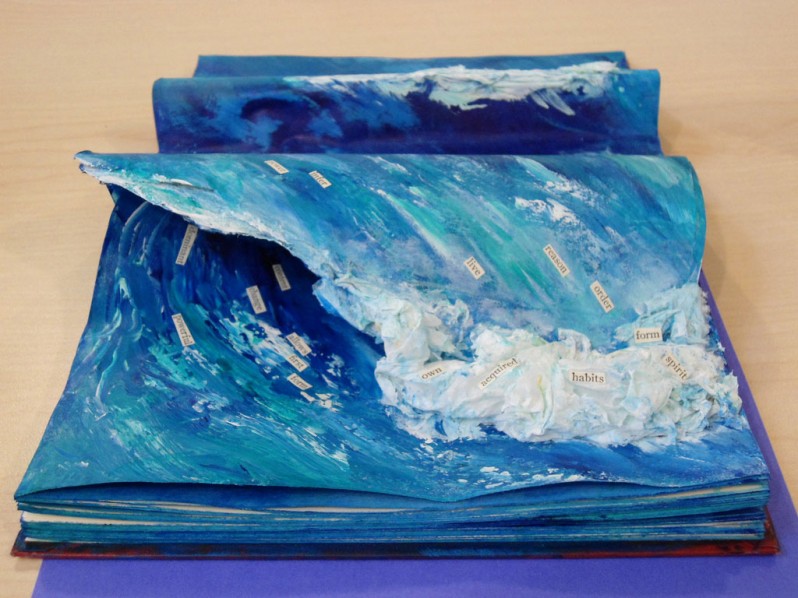
The importance of pursuing sustainable development poses a challenge to scientists in terms of determining the most effective ways to achieve desired outcomes across health, education, poverty, energy, the environment. A recent study brings together several different connections between particularly education and climate change and evaluates them together.
